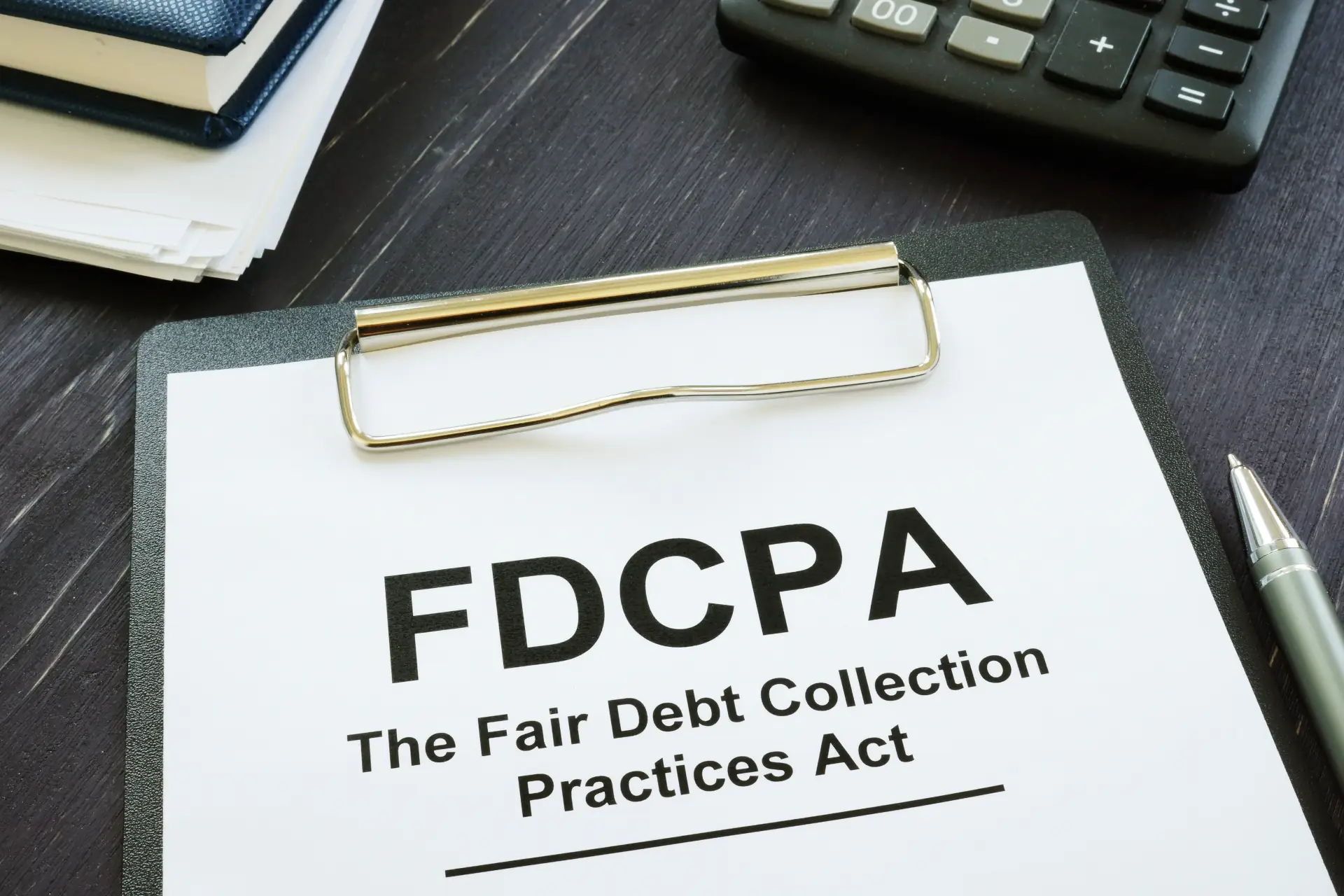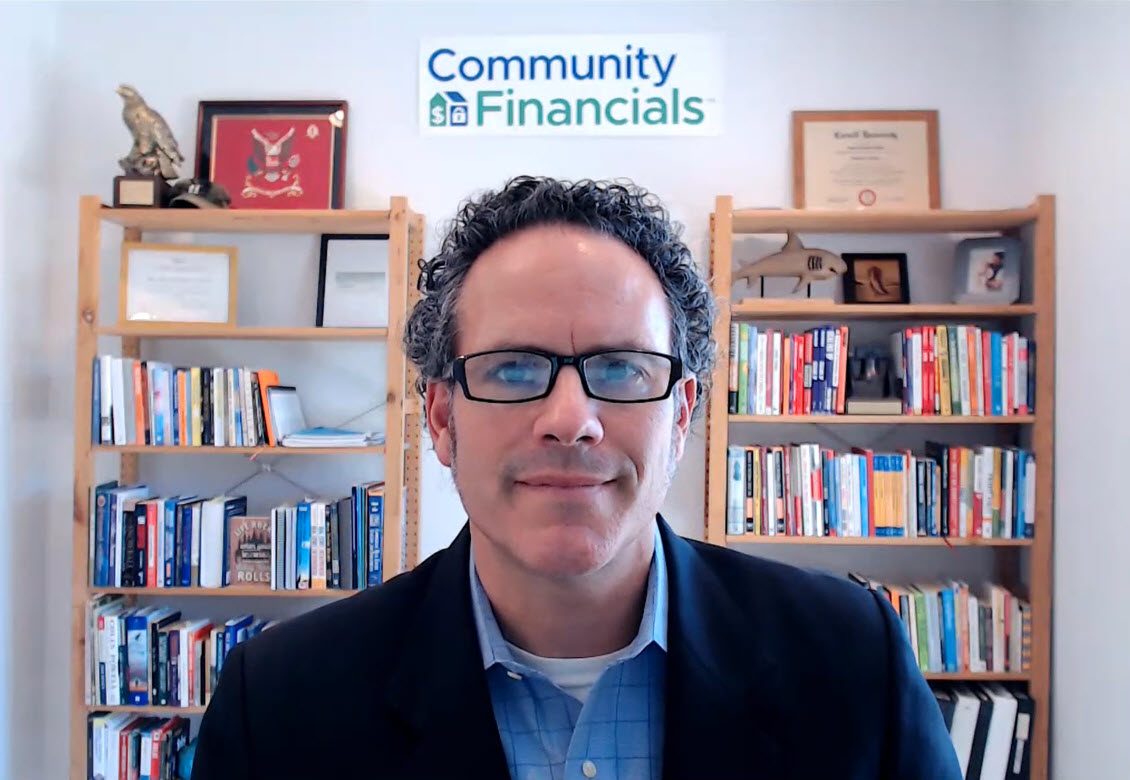What NOT to Do When Contacting Delinquent Owners in Your HOA or Condo
Communication with delinquent homeowners in a homeowners association (HOA) or condominium association is crucial for maintaining financial stability and ensuring community upkeep. Navigating this process requires sensitivity and strict adherence to legal guidelines. Here, we will explore common mistakes to avoid when contacting delinquent owners, emphasizing the importance of compliance with regulations and fostering positive community relationships.
Violating Fair Debt Collection Practices
The Fair Debt Collection Practices Act (FDCPA) outlines strict guidelines on how debts can be pursued and communicated. It is important to avoid practices such as harassment, threats, or disclosing debts to third parties. Always ensure that communications are professional, respectful, and compliant with the law. For more information on FDCPA compliance, refer to resources such as Axela’s guide on fair debt collection laws for HOAs and condos. Anyone who is not a licensed debt collector, such as board members, management companies, and accounting firms, should be particularly cautious to avoid these actions, as they may expose themselves to greater liability.
Lack of Clear Communication Channels
Effective communication is key. Ensure that all correspondence with delinquent owners is clear, concise, and documented. Avoid ambiguous statements or promises that cannot be fulfilled. Provide multiple contact options such as email, phone, and mail, respecting homeowners’ preferences while maintaining a record of all communications.
Neglecting to Offer Payment Options
Delinquent owners may face financial hardships or misunderstandings. Offer flexible payment solutions to accommodate varying situations. Options could include installment plans, online payment portals, or guidance on available resources. Partnering with companies like Community Financials can streamline this process, ensuring accurate payment data and professional collection services.
Failure to Maintain Professionalism
Maintain professionalism and neutrality in all communications. Avoid personal comments or emotions that could escalate tensions. Emphasize cooperation and finding mutually beneficial solutions. Consistency in approach fosters trust and encourages delinquent owners to engage positively in resolving outstanding balances. The board should ensure equal treatment of all members and consistently apply their collection policy to avoid potential lawsuits for discrimination against homeowners. This approach fosters trust within the community and upholds the integrity of the association.
Seek Legal Counsel or Mediation
Seek legal guidance when necessary, especially for complex cases or disputes. Mediation can often resolve issues amicably and prevent escalation. Engage qualified professionals who understand HOA laws and can navigate legal complexities effectively.
What NOT to Do When Calling Delinquent Homeowners
Here is a list of things you should not do if you are a first-party creditor and definitely should not be done by a licensed debt collector to ensure fair debt collection laws are followed:
- DO NOT identify yourself to a debtor as if you were an official of a government agency. This includes not only law enforcement but a credit reporting agency as well.
- DO NOT make threats that the debtor can be arrested or detained by a law enforcement agency.
- DO NOT post up a list of shame at your Condo or HOA. Never has there been a worse idea that only leads to lawsuits, animosity, and anger.
- DO NOT threaten a delinquent owner with violence or harm.
- DO NOT use obscene or profane language.
- DO NOT call or text a delinquent homeowner repeatedly.
- DO NOT call before 8:00 a.m. or after 9:00 p.m. without permission
- DO NOT call an owner at work, if it was requested in writing not to do so.
- DO NOT contact a delinquent member of the association at all if the collector has been advised, in writing, to stop contact altogether or to contact only their attorney.
- DO NOT contact a member of the association in any way if they have an active bankruptcy case pending in court.
- DO NOT cut off utilities in a delinquent owner’s property.
- DO NOT publicly humiliate delinquent members at a board meeting or any other public place.
- DO NOT prevent delinquent homeowner access to their place of residence.
Empower Your Association with Effective Collections and Community Engagement
Discover how Community Financials can help your HOA or condo association maintain trust and financial stability. We prioritize legal compliance, offer flexible payment options, and offer the option to work with Axela, a licensed debt collector, to assist with collection efforts. Benefit from personalized payment reminders and professional collections tailored to your needs. Optimize your processes with Community Financials — request a quote now.


